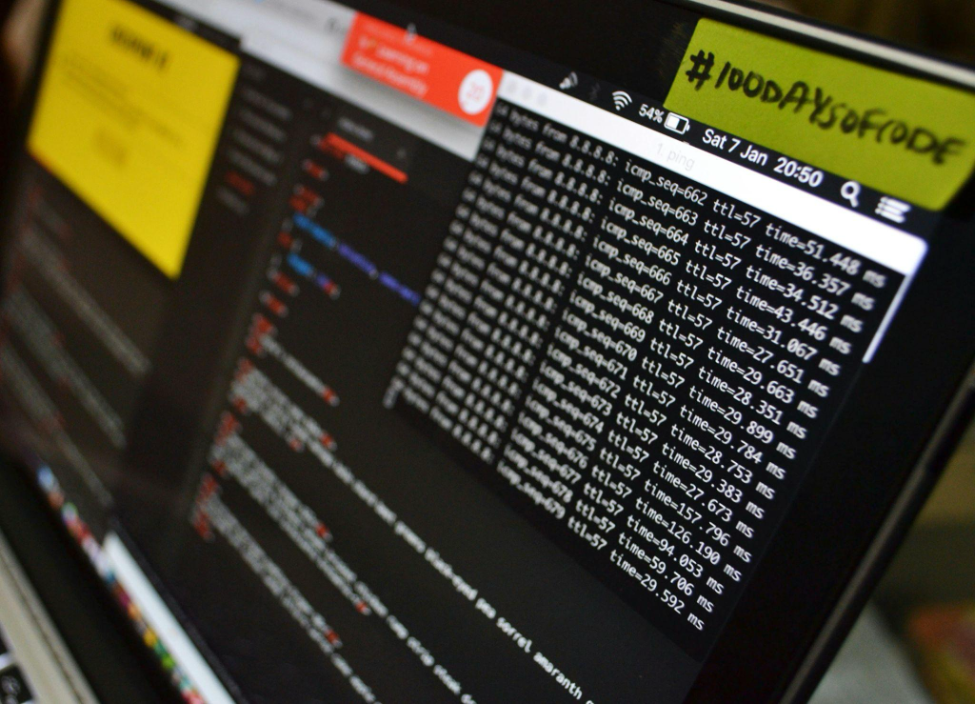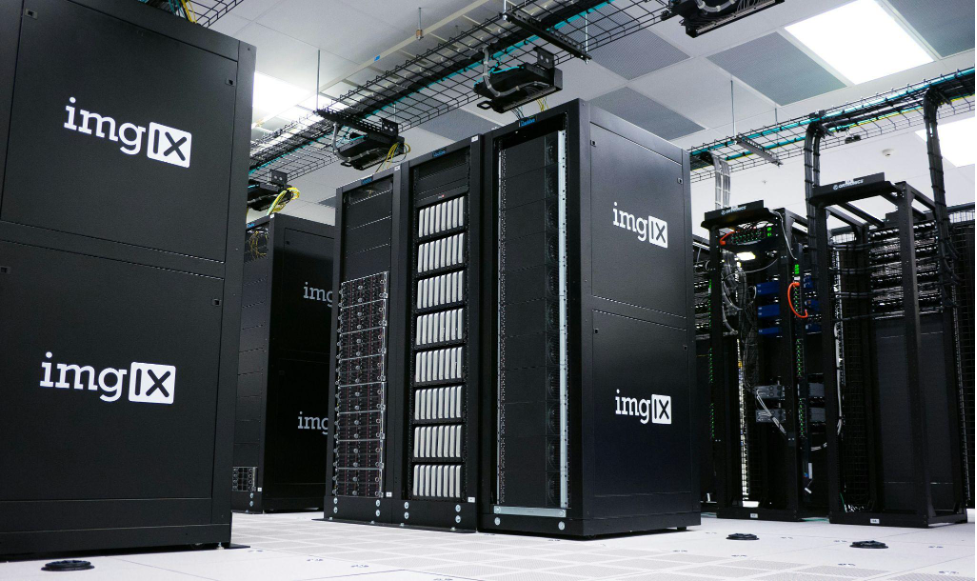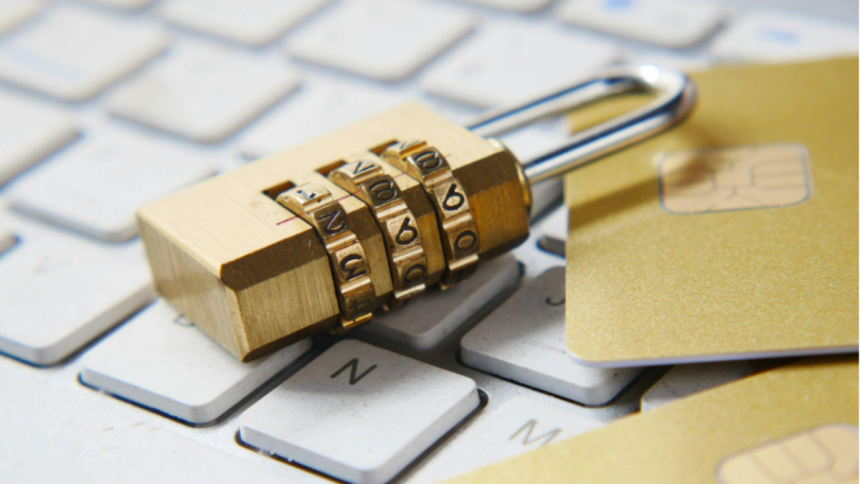Data protection has become increasingly important in today’s digital world. The financial information of a business, regardless of magnitude, needs to be well-handled. Online accounting software offers significant benefits due to the access to real-time financial data, it streamlines processes and avoids inaccuracies. These advantages come with potential risks if the data security measures are not adequately established.
Data breaches can be devastating regarding financial losses, legal liability, and organizational reputation. This is particularly so for small businesses, which may not survive a significant security incident due to the lack of resources to recover from. In this regard, small business owners should understand the dangers and how to protect their data.
This article, presented by the experts at Eleven, a leading company specializing in the development of online accounting software—gives you practical tips on securing your data while using such software. We shall review critical and significant threats to data security, how to effectively minimize the risks, and why robust security policies and procedures should be in place.
Main Threats to Data Security
Online accounting software can be vulnerable to several types of threats. The first step in protecting your data is understanding those threats.
Malware and Viruses
These programs may enter your system and cause you to lose or have your data corrupted. They usually come from infected email attachments or downloads that aren’t safe. For example, what appears like an innocent email from one of your known contacts may turn out to be a virus. When opened, it spreads itself throughout your system.
Phishing and Fraud
In the phishing attack, users are deceived into revealing sensitive information, such as passwords or financial details. Most of them are usually in the form of emails or websites that appear convincing to the users to do so. Another is an email that thus seems to come from your bank, asking you to verify your account details.
Unauthorized access
This occurs when an individual accesses your accounting software unauthorizedly. This may lead to theft of data or even interference with the data. For example, former staff who have left and still enjoy access to the systems are a significant threat.

Data Breaches and Hacks
These are instances of hackers entering a system and stealing all its data. These breaches can be very damaging and costly to fix. One well-known example is the Equifax data breach, where more than 147 million people’s information was exposed.
Methods to Ensure Data Security
Protecting your data requires a combination of strategies. Here are some practical ways to enhance data security in online accounting software.
Using Very Strong Passwords
Create complex passwords that are hard to guess. A good password should include letters, numbers, and special characters. Avoid easily guessed information, like birthdays or simple sequences. Do change your password regularly to minimize the chances of such information being compromised—download password manager software to randomly generate these passwords and store them safely. For instance, LastPass or 1Password is one tool that manages passwords efficiently.
Two-factor authentication (2FA)
On top of this, two-factor authentication adds another layer of security by asking not only for a password but also for another form of verification. It may be a code sent to your phone via text, an email containing a link to click, or through an authentication app. Hence, including 2FA makes it hard for unauthorized users to get into your online account. Following such steps, turn on 2FA through your accounting software’s security settings. The popular apps for 2FA can work with many online services.
Data Encryption
Encryption changes your information into code that, without the key, cannot be deciphered. So, even if it gets intercepted, it will not be understood. There are two significant types of encryption: at rest and in transit. At-rest protects your data while resting on your server or device. In-transit protects data actually in transit over the internet. Several online bookkeeping software providers will integrate encryption. Make sure your provider uses the newest and best ways to secure your data.
Regular Backups of Data
Back up your data regularly. Backups allow the restoration of information without much loss in case of a data breach or system failure. Set up automatic backups to ensure they happen regularly. Store them in secure locations such as in encrypted cloud storage or offline with an external drive.

Implementing Firewalls
The firewall builds up a wall between your internal network and any kind of external danger. Fundamentally, it oversees and controls all the inbound and outbound network traffic concerning predefined security rules set and defined earlier. Deploy both hardware- and software-based firewalls to provide another layer of defense. Keep updating the firewall settings and rules from time to time so that it can fight back against new threats.
Secure Wi-Fi Networks
Ensure your Wi-Fi is secure, with a strong password and the latest robust encryption protocol, WPA3. Do not send any information if it’s sensitive when on public Wi-Fi. You may want to consider setting up a VPN that significantly improves security. A VPN encrypts your internet connection, making it very hard for hackers to intercept your data.
Monitoring and Logging
Run periodic scans on your computers/servers for suspicious activities. Maintain logs on all access, changes of data, and other critical events. Put in alerts on suspicious activity, such as several sequential failed logins. Reviewing the logs will allow one to notice potential security breaches in time and act upon them.
Physical Security
The other measures getting overlooked, as often as not, are physical security. I am keeping servers and computers in a secure location with restricted access. Other protection against theft, cable locks, and other devices for physical security on the devices themselves.
Data Disposal
Ensure that old data and hardware are safely disposed of. Run data wiping software to ensure files you delete cannot be retrieved. Crush old hard drives and other storage devices physically to prevent the leaking of data. Set up a data disposal policy to ensure all your employees follow the same practices. This helps in keeping the organization consistent and secure in its disposal methods.
Security Policies and Procedures
Establishing good security policies and procedures at your organization will further protect your data.
Employee Training
Educate employees about the essence of data security. Help them be on the lookout for various approaches like phishing attempts and other schemes through which hackers get strong passwords from unsuspecting owners, how to work with security procedures in place for protecting your business during transactions, and so on. The regularity of the training will help keep the security issue up-to-date in your employees’ minds. Conduct reviews periodically to ensure compliance with security policies and perform surprise phishing tests.
Access Control
Limit access to your accounting software to only those who need it. Apply the access control features available in your software. Monitor logs for access to know if somebody has accessed your data undesirably. For example, permission to view sensitive financial information should only be granted to the finance team.

Regular Updates and Patches
Keeping software up to date is essential. Many updates include security patches that can fix vulnerabilities. Activate the automatic update option, if possible, for your software. Frequently log in to check for and apply updates to protect you against emergent threats. Make it compulsory in your IT policy to check at least once a week if updates are available.
Conclusion
Securing your data in online accounting software is essential. By understanding the main threats and implementing robust security measures, you can protect your sensitive financial information. Use strong passwords, enable two-factor authentication, encrypt your data, and back it up regularly. Train your employees, control access, and keep your software updated. These steps will help you safeguard your data and maintain trust with your clients. Taking a proactive approach to data security can prevent costly breaches and keep your business running smoothly. Start implementing these practices today to enhance the security of your online accounting software.
Lynn Martelli is an editor at Readability. She received her MFA in Creative Writing from Antioch University and has worked as an editor for over 10 years. Lynn has edited a wide variety of books, including fiction, non-fiction, memoirs, and more. In her free time, Lynn enjoys reading, writing, and spending time with her family and friends.















